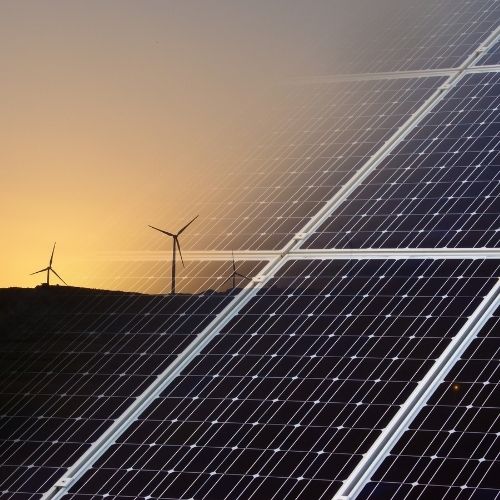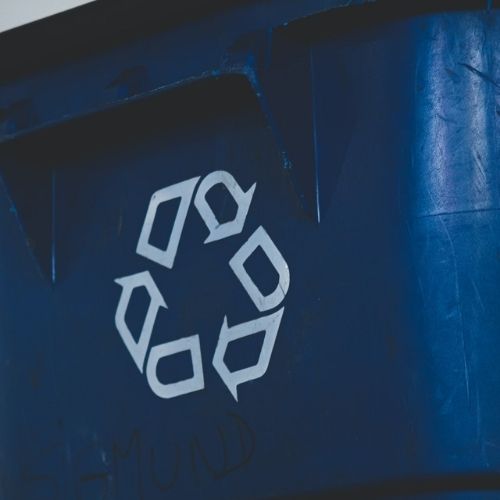CIRCULAR TECH
Technology As A Key Driver for Circular Growth
The shift to a circular economy is increasingly being made possible by technology. The use of physical assets has been significantly reduced thanks to developments in digital platforms, artificial intelligence (AI), and cloud-based solutions, which have contributed to the dematerialisation of whole value chains. Production and logistics are increasingly becoming digitalised, which enhances the traceability of resource and product flows and can assist maximize product use over the course of its lifetime, including preventative maintenance techniques. Better control over potential waste generation is made possible by increased visibility bia tech, which also increases accountability for businesses along the value chain.
Numerous essential resources are not only limited in supply or becoming more and more difficult to access, but also their exploitation and single-use can have negative effects on the environment and society. Moving toward a more circular economy, where production and consumption are sustainable for long-term economic growth, is an alternative to the linear model and a potential answer to some of its problems. By 2030, the adoption of the circular economy could create an estimated USD 4.5 trillion in value worldwide, with cutting-edge technology offering fresh approaches to the development of service models and the value extraction from closed-loop systems.
CIRCULAR Technology
A $1.4 Trillion Market Opportunity in Africa
Entrepreneurship & Business
Innovation Finance
Market Development
Technology Development
Legal & Regulatory Framework
We are building the largest circular tech platform accompanied with innovative tech programs in Africa to accelerate the transition of the continent's economy from linear to circular.

Energy

Food & Agriculture

Buildings & Construction

Transportation

Satellite & Telecom

Recycling

